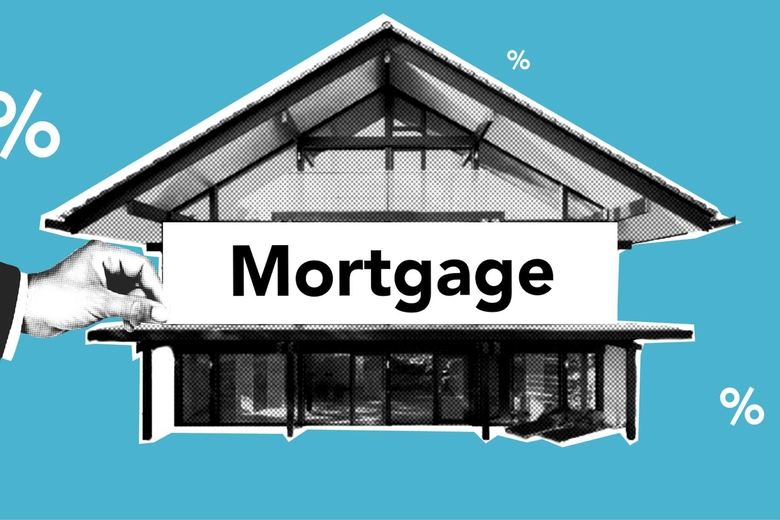In the realm of homeownership, navigating the myriad of mortgage options can often feel overwhelming. Among the many choices available, FHA loans stand out as a viable solution for many prospective homeowners. Whether you're a first-time buyer or someone with less-than-perfect credit, FHA loans offer an accessible path to homeownership.

In this comprehensive guide, we'll delve into what FHA loans are, how they work, their benefits and drawbacks, and whether they might be the right choice for you.
Understanding FHA Loans
FHA loans, or Federal Housing Administration loans, are mortgages insured by the FHA, a government agency within the U.S. Department of Housing and Urban Development (HUD). Unlike conventional loans, which are offered by private lenders and backed by private mortgage insurance (PMI), FHA loans are backed by the government. This insurance protects lenders in case borrowers default on their loans, making lenders more willing to approve loans with lower down payments and credit scores.
How FHA Loans Work
One of the key features of FHA loans is their lenient eligibility requirements, making them an attractive option for many borrowers. Here's how they work:
Lower Down Payment: FHA loans typically require a down payment of as little as 3.5% of the home's purchase price, compared to the 10-20% often required for conventional loans. This lower down payment makes homeownership more attainable for individuals who may not have substantial savings.
Flexible Credit Requirements: While conventional loans may require higher credit scores, FHA loans are more lenient. Borrowers with credit scores as low as 500 can qualify for an FHA loan with a 10% down payment, while those with scores of 580 or higher may qualify for the minimum 3.5% down payment.
Upfront Mortgage Insurance Premium (UFMIP): FHA loans require borrowers to pay an upfront mortgage insurance premium, which is typically financed into the loan amount. Additionally, borrowers are required to pay an annual mortgage insurance premium (MIP), which is paid monthly as part of the mortgage payment.
Loan Limits: FHA loans have limits on the amount you can borrow, which vary by location. These limits are set to ensure that the program serves its intended purpose of helping moderate- and low-income borrowers afford homeownership.
Benefits of FHA Loans
Accessibility: FHA loans make homeownership accessible to borrowers with lower credit scores and limited down payment savings.
Low Interest Rates: FHA loans often have competitive interest rates, making them an attractive option for many borrowers.
Assumable: FHA loans are assumable, meaning that if you sell your home, the buyer can take over your FHA loan, potentially making it easier to sell.
Drawbacks of FHA Loans
Mortgage Insurance Premiums: FHA loans require both an upfront mortgage insurance premium and ongoing annual mortgage insurance premiums, increasing the overall cost of the loan.
Loan Limits: FHA loan limits may restrict borrowers in high-cost areas from purchasing more expensive homes.
Property Standards: FHA loans require the property to meet certain standards, which may limit the types of properties eligible for financing.
Is an FHA Loan Right for You?
Deciding whether an FHA loan is the right choice for you depends on your individual financial situation and homeownership goals. If you have a lower credit score or limited down payment savings, an FHA loan may be a viable option to consider. However, it's essential to weigh the pros and cons and explore other mortgage options to determine the best fit for your needs.
In conclusion, FHA loans offer a valuable opportunity for many individuals and families to achieve the dream of homeownership. By understanding how FHA loans work, their benefits and drawbacks, and whether they align with your financial goals, you can make an informed decision about whether an FHA loan is the right choice for you. Whether you're a first-time buyer or a seasoned homeowner, FHA loans provide a pathway to affordable and accessible homeownership for many Americans.